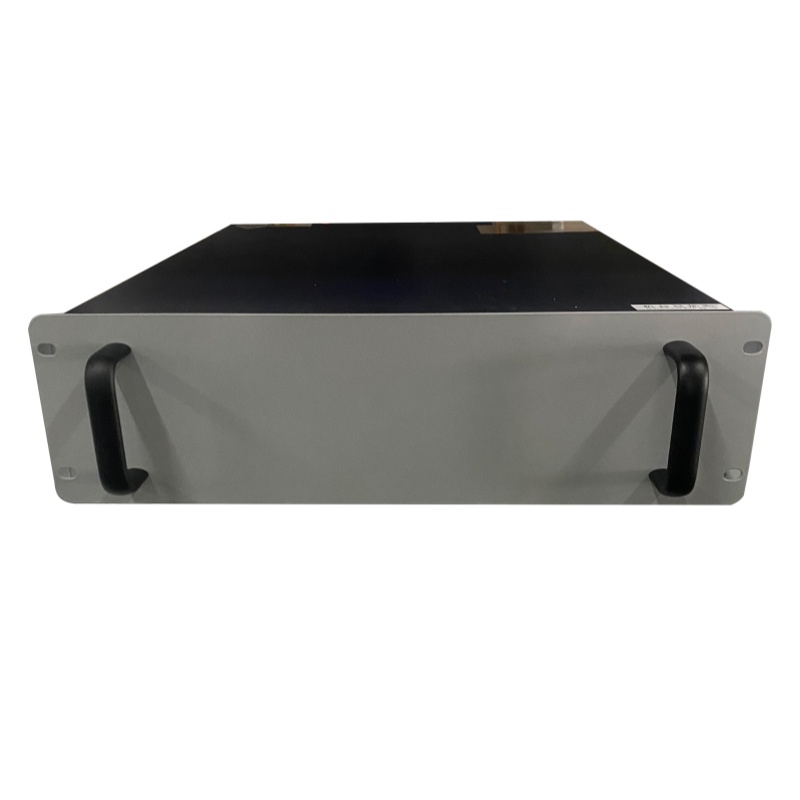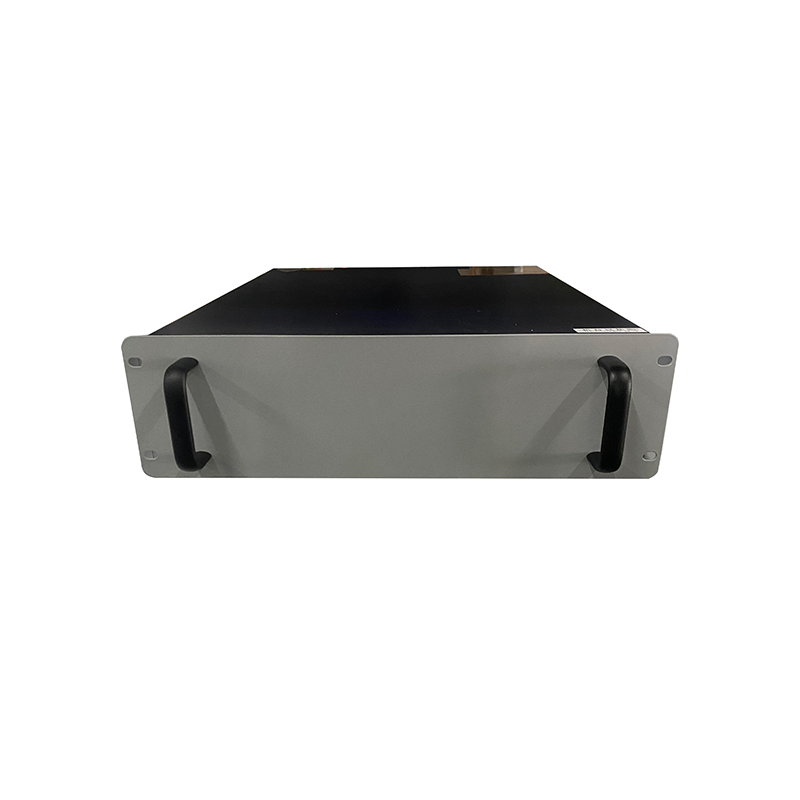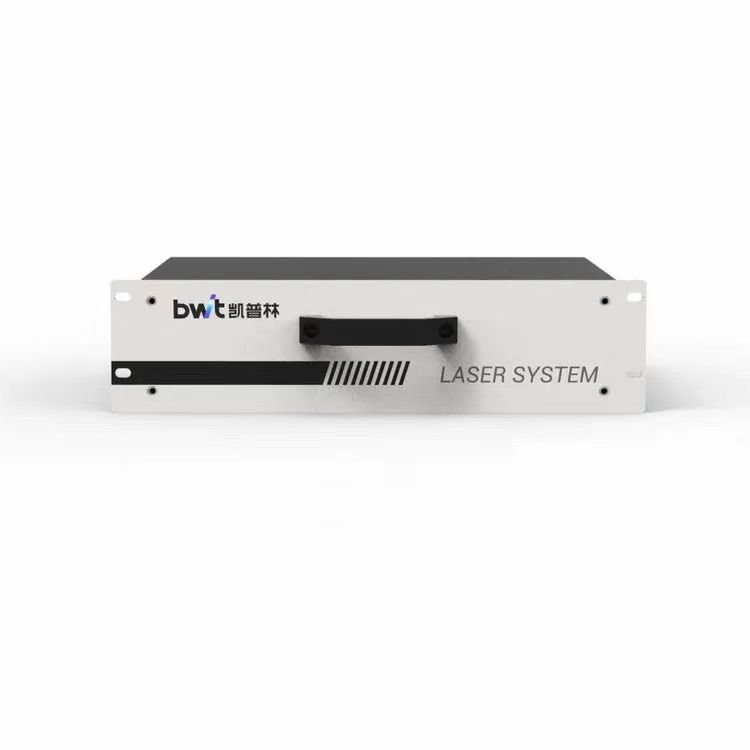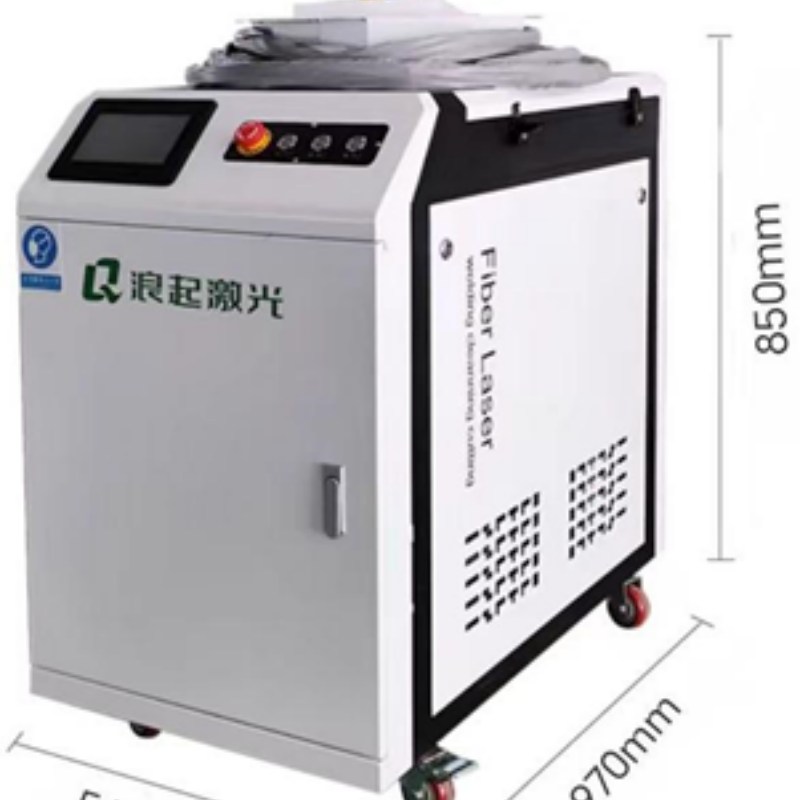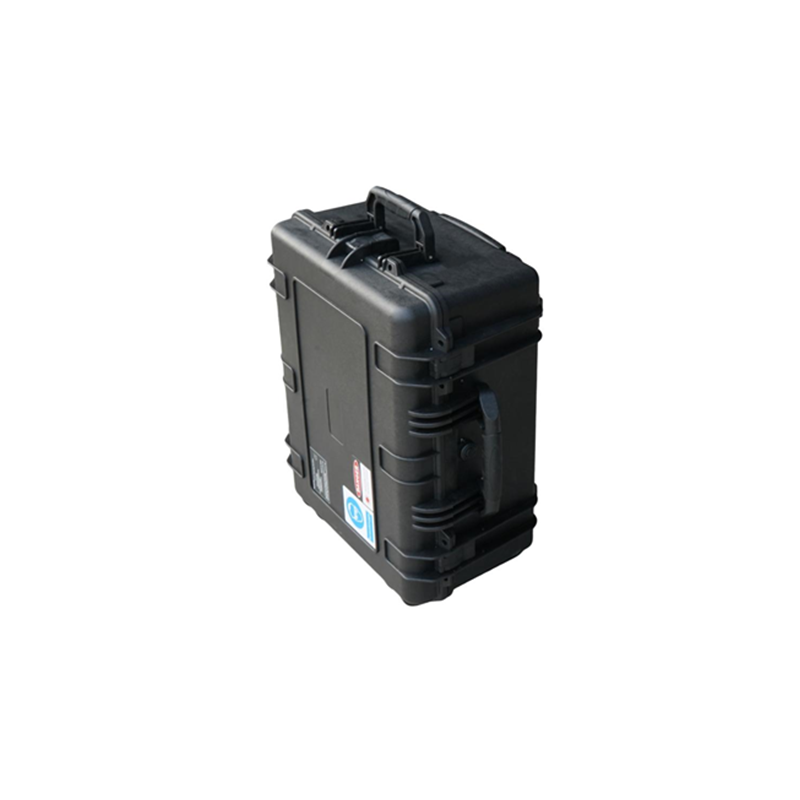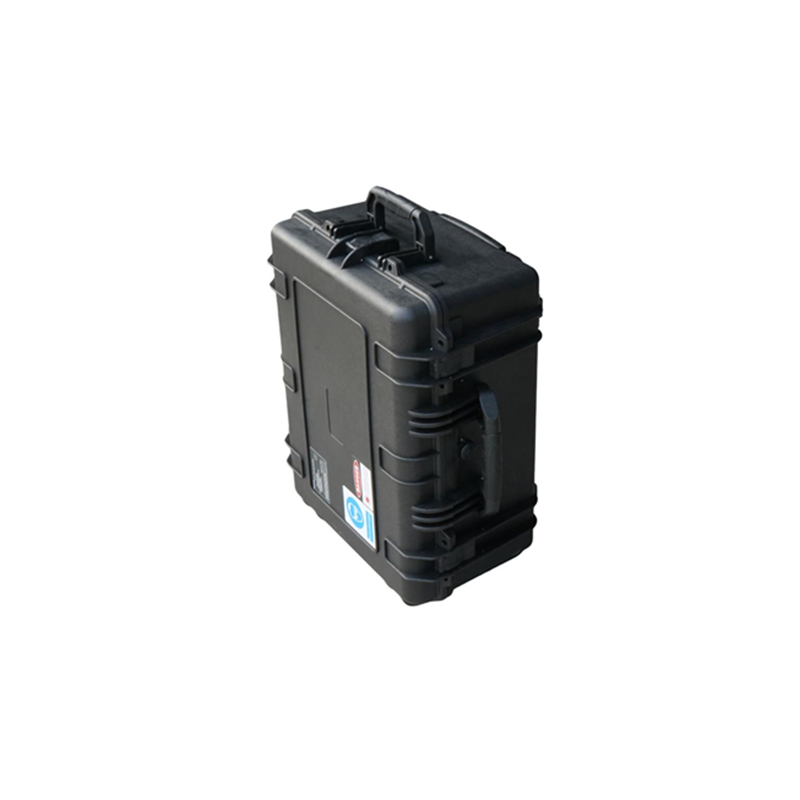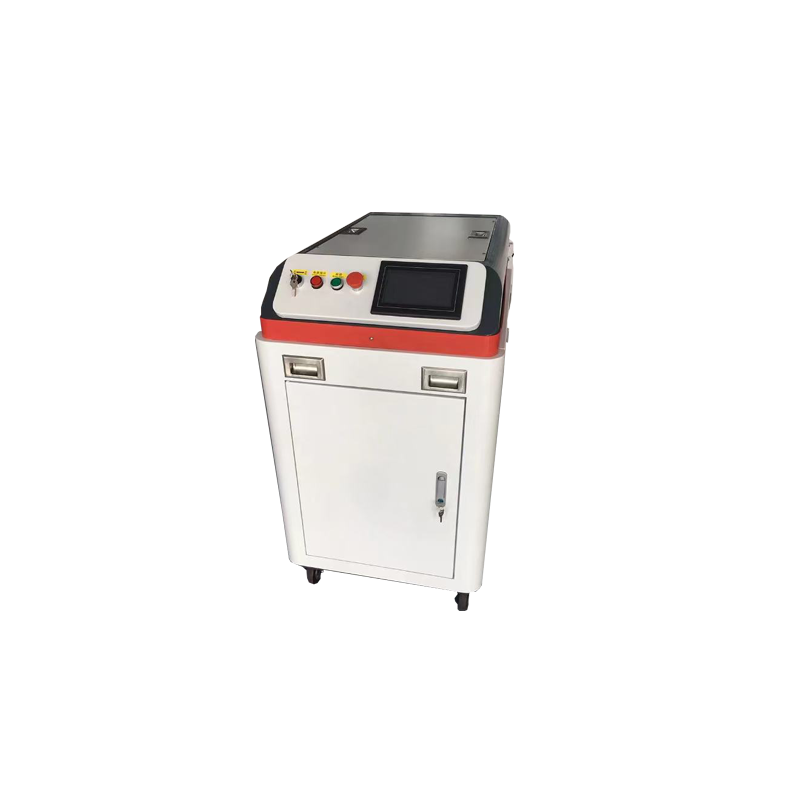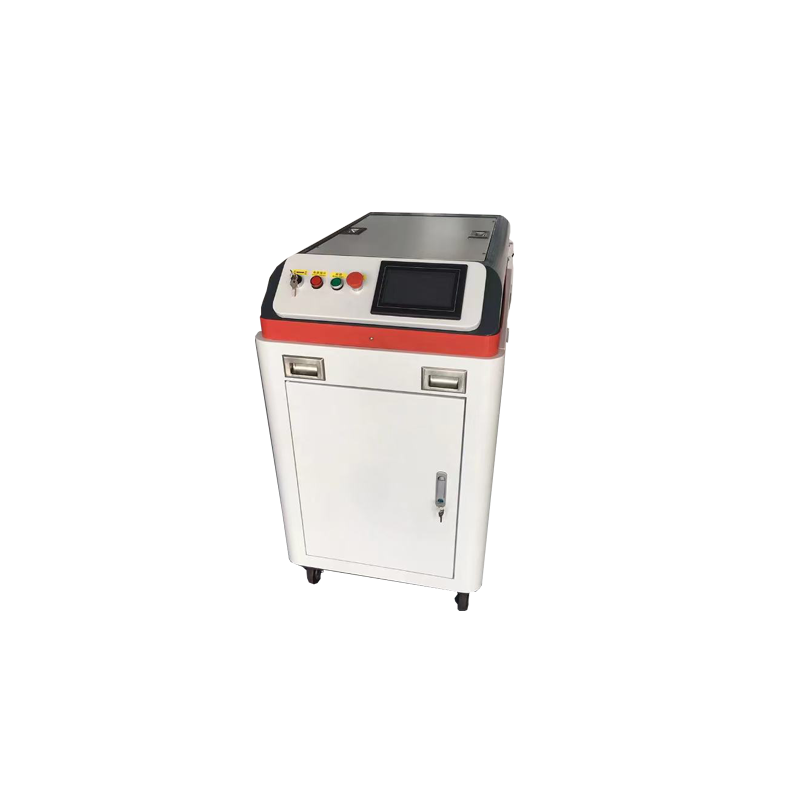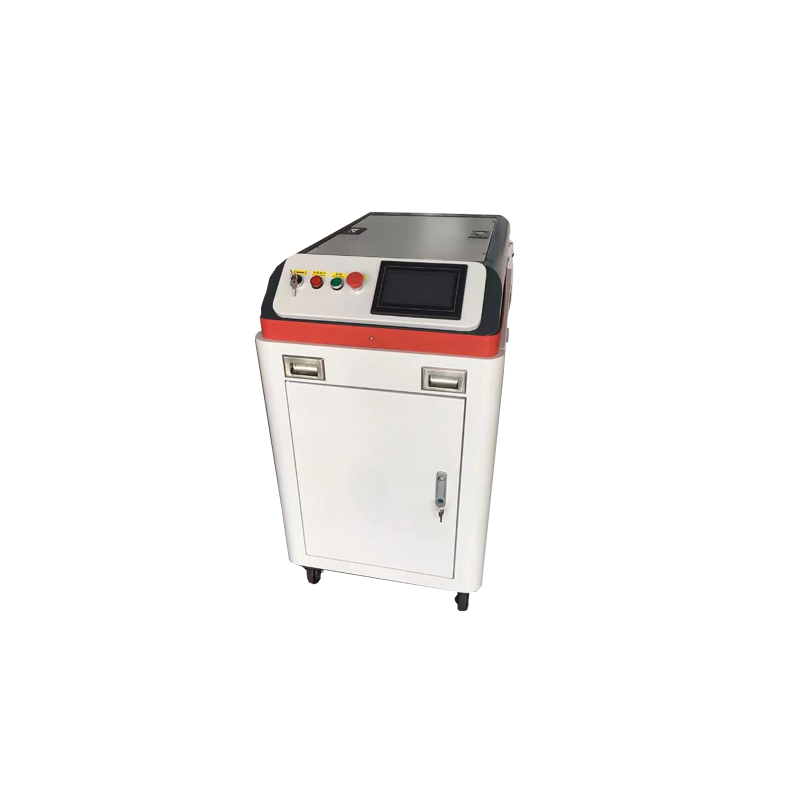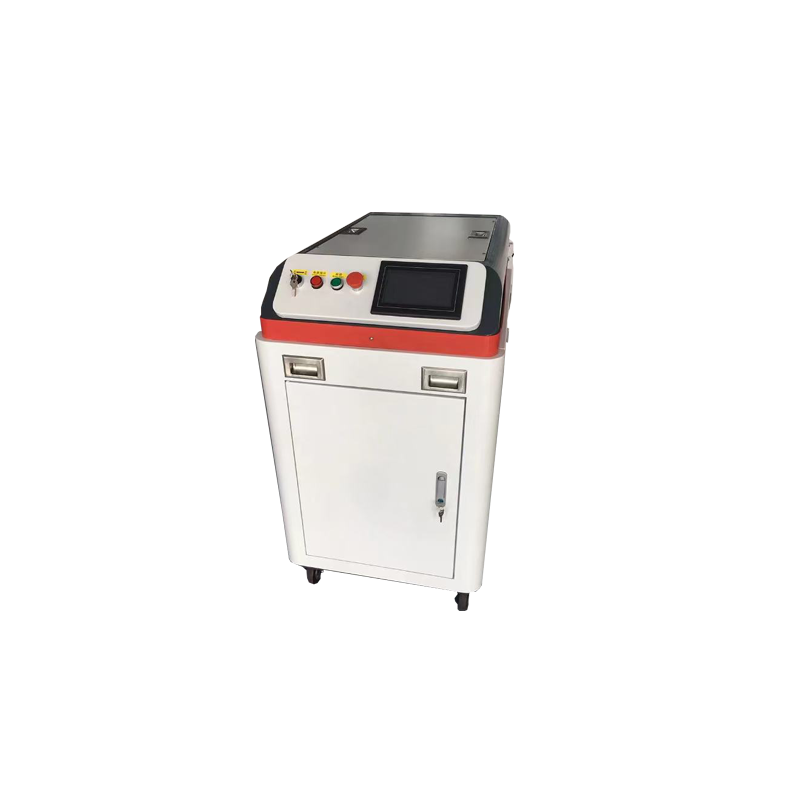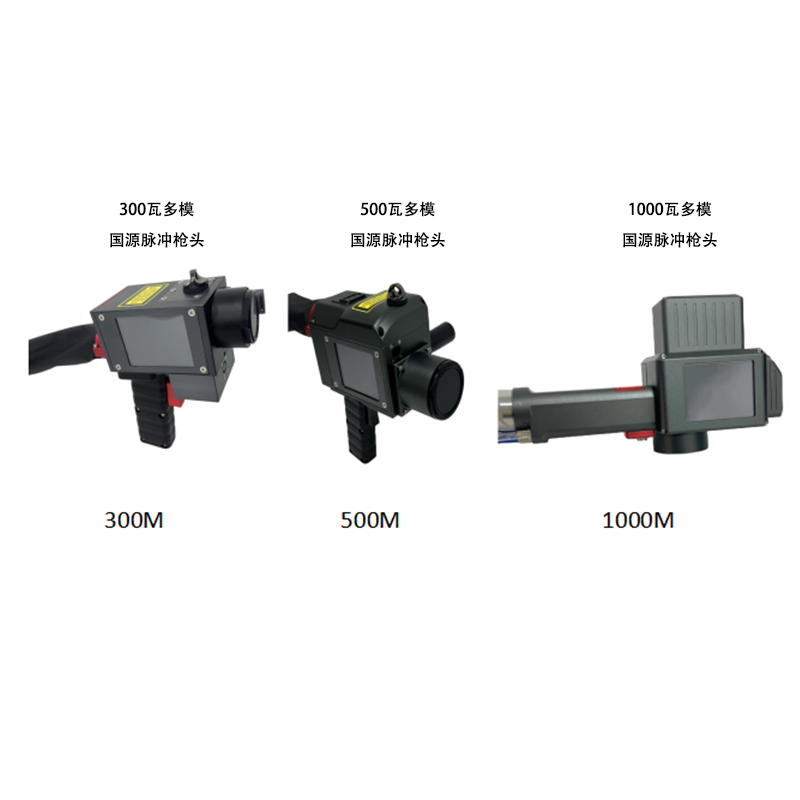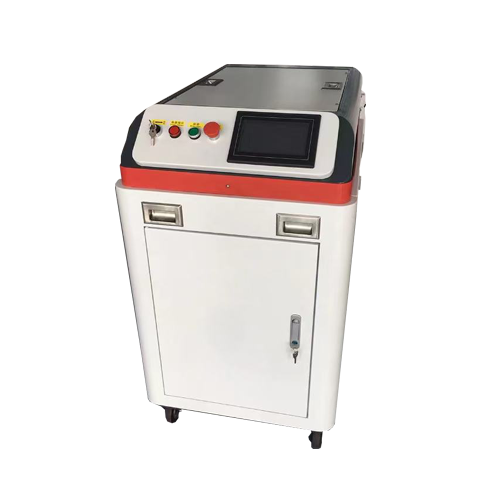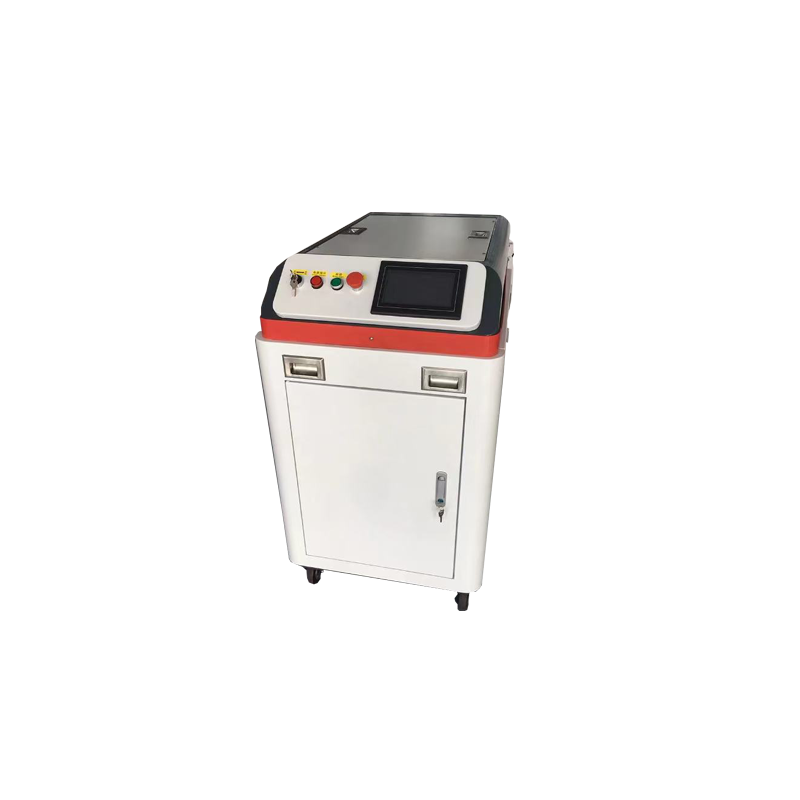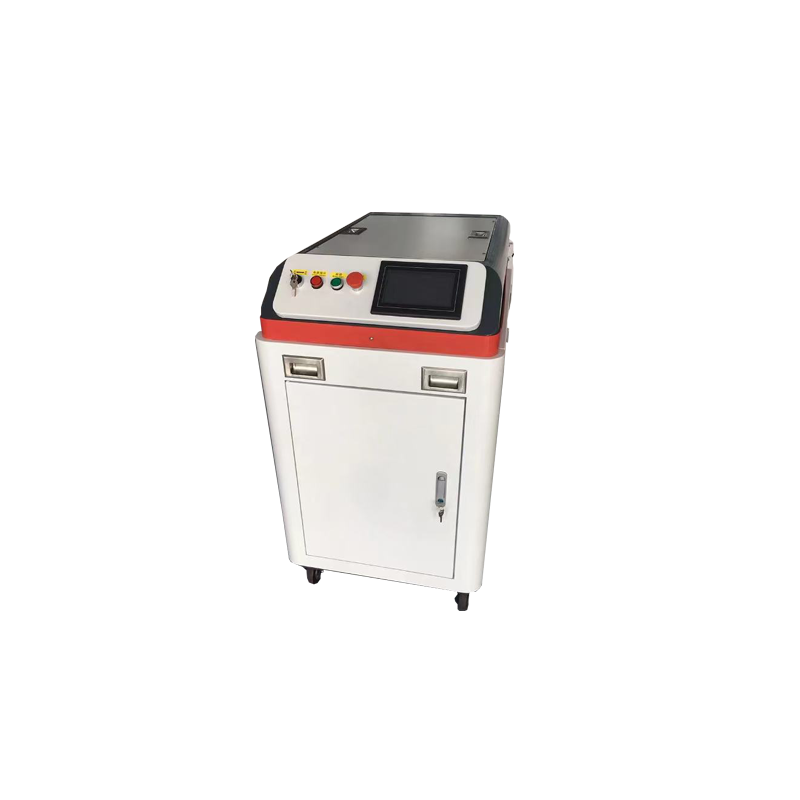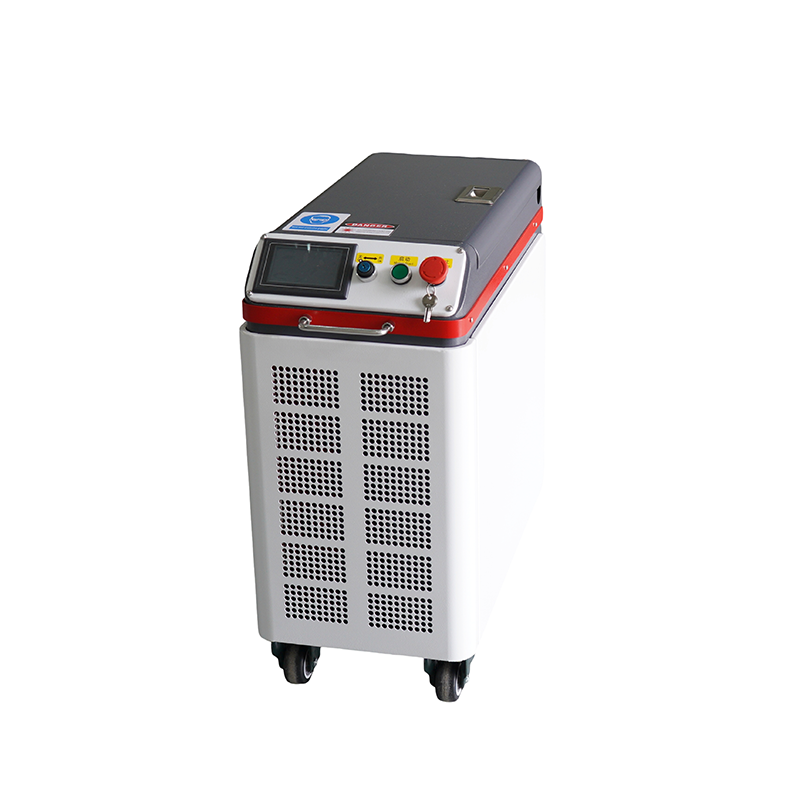The fiber laser source is a critical component in laser machines, providing the high-intensity laser beam used for cutting, welding, engraving, and marking various materials. Here is an overview of how it works and its applications:
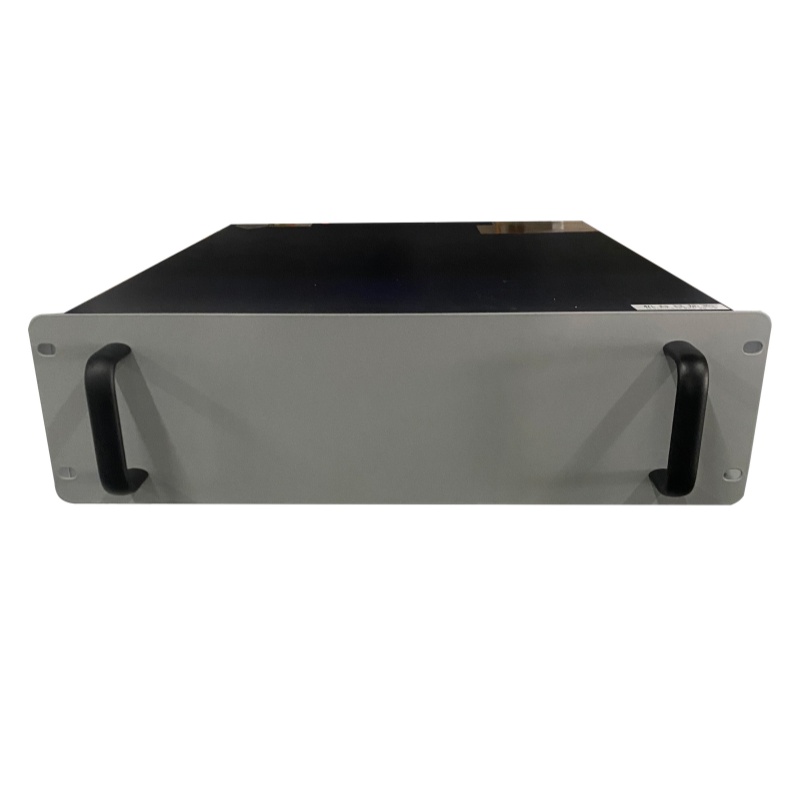
1. What is a Fiber Laser Source?
A fiber laser generates laser light using an optical fiber doped with rare-earth elements (like Ytterbium, Erbium, or Thulium).
The laser beam is amplified within the fiber optic cable, resulting in high power efficiency and beam quality.
2. Key Components of a Fiber Laser Source
Laser Diode Pump: Provides the initial light energy to excite the doped fiber.
Active Fiber (Doped Fiber): Where light amplification occurs.
Fiber Bragg Gratings (FBG): Act as mirrors to reflect and amplify the laser light.
Delivery Fiber: Transmits the laser beam to the processing head.
3. Advantages of Fiber Laser Sources
✔ High Efficiency (up to 30-50% electrical-to-optical conversion)
✔ Superior Beam Quality (ideal for precision cutting & engraving)
✔ Low Maintenance (no mirrors or gases required, unlike CO₂ lasers)
✔ Long Lifespan (100,000+ hours for diodes)
✔ Compact & Robust (fiber-based design resists misalignment)
4. Applications in Laser Machines
Metal Cutting (steel, aluminum, copper)
Laser Welding (automotive, aerospace)
Laser Marking & Engraving (barcodes, serial numbers)
Microprocessing (electronics, medical devices)
5. Common Fiber Laser Wavelengths
1064 nm (Ytterbium-doped) – Most common for metal processing.
1550 nm (Erbium-doped) – Used for plastics and some medical applications.
1940 nm (Thulium-doped) – Suitable for medical and specialty materials.
6. Fiber Laser vs. CO₂ Laser
| Feature | Fiber Laser | CO₂ Laser |
|---|---|---|
| Wavelength | 1 µm (1064 nm) | 10.6 µm |
| Best for | Metals (steel, aluminum) | Non-metals (wood, acrylic) |
| Efficiency | High (30-50%) | Low (10-20%) |
| Maintenance | Low | High (gas refills, mirrors) |
7. Leading Fiber Laser Manufacturers
IPG Photonics (Industry leader)
nLIGHT
Coherent (formerly Rofin)
Raycus (Chinese brand, cost-effective)
Max Photonics

